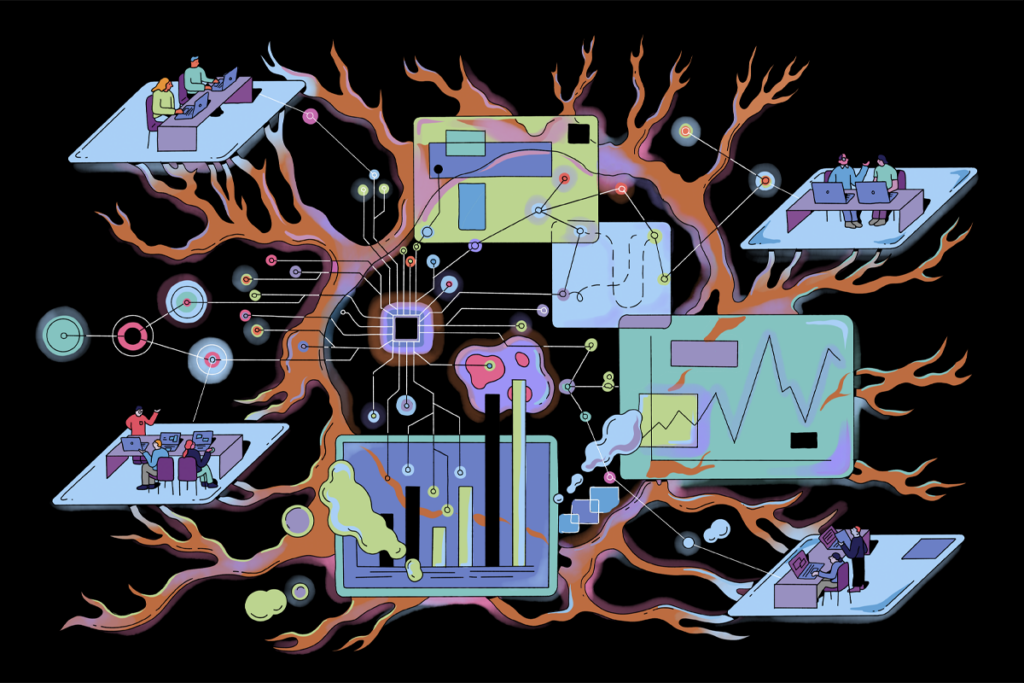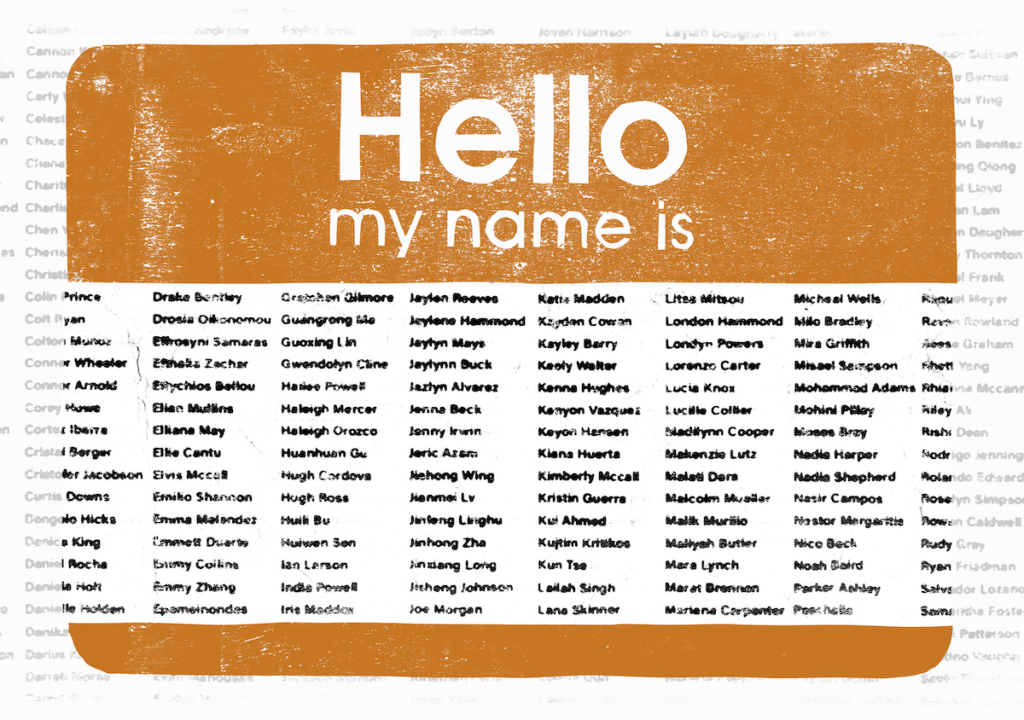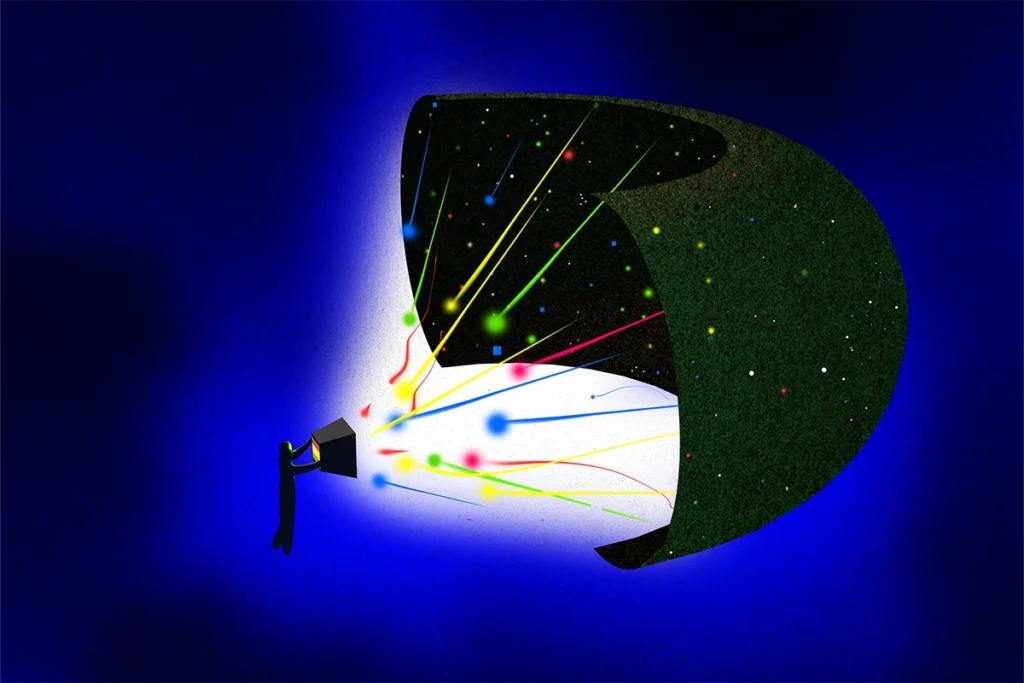Megan Peters is associate professor of cognitive sciences at the University of California, Irvine, and president and board chair of Neuromatch. Her work uses behavior, advanced neuroimaging techniques and computational modeling to investigate the relationships among perception, metacognition and conscious awareness, with a focus on understanding how our brains build, evaluate and use representations of the world and of ourselves. Prior to joining the University of California, Irvine’s faculty, she was assistant professor of bioengineering at the University of California, Riverside.
She earned a B.A. in cognitive science at Brown University and previously taught English in Japan before completing her Ph.D. and postdoctoral research at the University of California, Los Angeles. Her science has been continuously funded by the Air Force Office of Scientific Research (Young Investigator Award), the National Institutes of Health and private foundations, including the Templeton World Charity Foundation, the Canadian Institute for Advanced Research and the Research Corporation for Science Advancement. She co-founded Neuromatch, an international nonprofit organization delivering democratized and accessible education in computational neuroscience and related disciplines to about 20,000 students worldwide.




